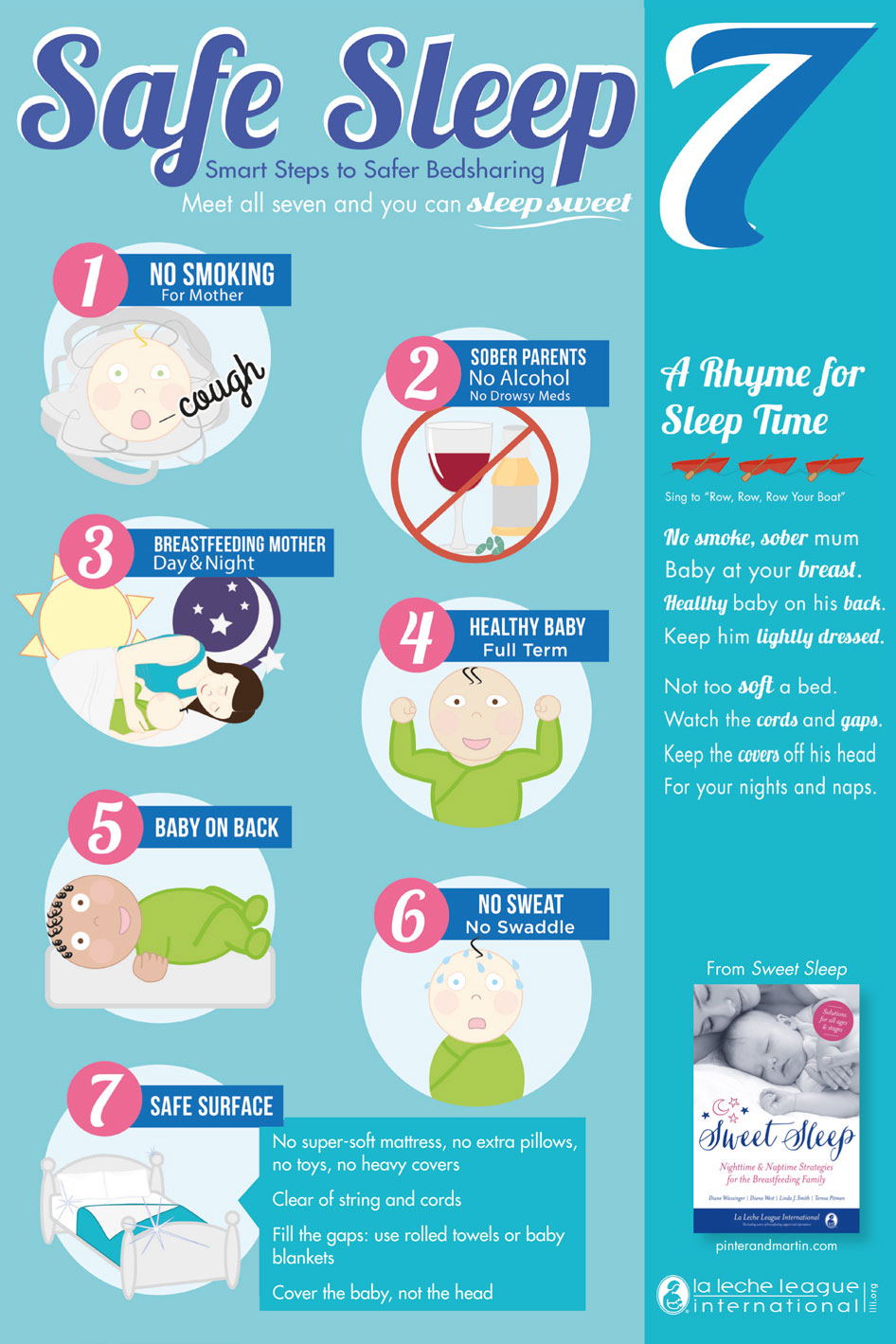Having a newborn is a beautiful experience, but it can also be challenging. One common issue that many parents face is frequent nighttime awakenings. If your newborn keeps waking up at night, you are not alone. Many new parents share this concern. This article will discuss the reasons behind this behavior and what you can do to help your baby sleep better.
Normal Sleep Patterns for Newborns
Newborns have unique sleep patterns. They sleep for short periods throughout the day and night. Most newborns sleep around 16 to 18 hours a day, but this sleep is divided into several naps. These naps are usually two to four hours long, followed by wakeful periods of an hour or more. Because of this, it’s perfectly normal for your newborn to wake up frequently at night.
Would you like to see this content of ours Eye Cleaning Tips for Newborns
Sleep Cycle Phases
Newborns go through different sleep cycles. They spend a lot of time in REM (Rapid Eye Movement) sleep. During this phase, they may make noises, move around, or even wake up. This is not unusual and is part of their development. As they grow older, their sleep cycles will change, leading to longer stretches of sleep.
Hunger as a Common Reason for Waking
One of the main reasons your newborn keeps waking up at night is hunger. Babies have small stomachs that cannot hold much milk at one time. This means they need to feed often, even during the night. For breastfeeding mothers, it’s common for babies to wake every two to three hours to feed. Formula-fed babies may sleep slightly longer between feedings but still require regular nourishment.
Feeding Frequency
The frequency of feeds can depend on several factors like age and growth spurts. In the early weeks, babies may need to feed every two hours or more. As they grow, they may start sleeping longer stretches at night. However, if your baby is going through a growth spurt or developmental milestones, they might want to eat more frequently again.
Sleep Environment Matters
Your baby’s sleep environment can significantly affect how well they rest at night. If your newborn keeps waking up at night, consider whether their sleeping area is comfortable and conducive to sleep.
Room Temperature
The temperature of the room plays a role in your baby’s comfort. Ideally, a bedroom should be kept between 68°F and 72°F (20°C to 22°C). If it’s too hot or too cold, your baby may wake frequently due to discomfort.
Noisy Surroundings
Noise can also disturb your baby’s sleep. If there are loud sounds from outside or other rooms in the house, your newborn might wake up more often than usual. Using white noise machines can help create a soothing sound that masks disruptive noises.
Discomfort from Diapers
A wet or soiled diaper can wake a baby quickly. Newborns have sensitive skin; therefore, keeping them comfortable is essential for good sleep. Check your baby’s diaper before bedtime and change it if necessary.
Diaper Rash Concerns
If your baby experiences diaper rash, this can cause discomfort that leads them to wake up more frequently. Use gentle wipes and creams designed for diaper rash to keep your baby’s skin healthy and reduce discomfort during the night.
Developmental Milestones Impacting Sleep
As babies grow, they reach various developmental milestones that can disrupt their sleep patterns. Learning new skills like rolling over or sitting up can cause excitement and lead to more frequent awakenings.
Growth Spurts
During growth spurts, babies often experience changes in appetite and sleep patterns. They may wake more often due to increased hunger or discomfort from growing pains. These phases are temporary but can feel overwhelming at the time.
Health Issues That Can Affect Sleep
If your newborn keeps waking up at night despite being fed and comfortable, it may be worth considering health-related issues. Conditions like reflux or allergies could contribute to poor sleep quality.
Reflux Symptoms
Acid reflux is common in infants and can cause discomfort that disrupts sleep. Signs include fussiness during feeds and arching of the back after eating. If you suspect reflux might be an issue for your baby, consult with your pediatrician for advice on management strategies.
Allergies and Sensitivities
Some babies might be sensitive or allergic to certain foods if they are breastfeeding or formula-fed. If you notice other symptoms like rashes or gastrointestinal distress along with nighttime awakenings, speak with a healthcare professional about potential allergies.
The Role of Sleep Training
If your newborn keeps waking up at night consistently past the early months, you might consider implementing some form of sleep training as they grow older. Sleep training helps babies learn how to fall asleep independently.
Differentiating Between Needs
The key is balancing between responding to genuine needs (like hunger) versus encouraging self-soothing methods when appropriate. Techniques vary from gentle methods like the Ferber method to more gradual approaches like no-tears methods.
Creating a Routine for Better Sleep
A consistent bedtime routine can signal to your baby that it’s time for sleep. Establishing this routine aids in calming them before bed and promotes better nighttime habits over time.
Bedtime Rituals
- Bathing: A warm bath can relax your baby before bed.
- Reading: Soft stories help set a calming mood.
- Singing: Gentle lullabies create a peaceful atmosphere.
- Cuddling: Skin-to-skin contact fosters bonding and relaxation.
The Importance of Parental Support
Caring for a newborn can be exhausting, especially with frequent nighttime awakenings. It’s crucial for parents to support each other during this challenging time.
Taking Turns During Nighttime Duties
If possible, take turns with nighttime feedings and comforting duties. This way, both parents get some rest while ensuring the baby’s needs are met adequately.
When to Seek Professional Help
If you’ve tried various strategies and nothing seems to help with your newborn’s nighttime awakenings, it may be time to consult a pediatrician. Persistent issues could indicate underlying health concerns that need addressing.
Pediatric Consultations
A healthcare provider can offer insights tailored specifically to your baby’s situation and provide recommendations for improving their sleep quality based on medical history and symptoms you’re observing.
Conclusion
Your newborn waking up at night is common and often part of their development process. Factors such as hunger, discomfort from diapers, noise levels in their environment, developmental milestones, health issues, and parenting routines all play roles in how well they sleep at night. By creating a soothing environment and establishing routines while seeking guidance when necessary, you can help improve both your baby’s nighttime comfort and overall family well-being.
Frequently Asked Questions
Why does my newborn wake up every hour at night?
Your newborn may wake every hour due to hunger or discomfort as their small stomachs require frequent feedings and diaper changes throughout the night.
Is it normal for newborns not to sleep through the night?
Nocturnal awakenings are typical for newborns as they adjust their sleep cycles which generally do not stabilize until around six months old.
What should I do if my baby wakes up crying?
If your baby wakes crying check whether they need feeding or changing first before trying soothing techniques such as rocking or gentle patting on their back.
How long does it take for a newborn’s sleep pattern to stabilize?
A newborn’s sleep pattern typically stabilizes around six months old when they begin sleeping longer periods without waking frequently during the night.
When should I start sleep training my newborn?
You can start gentle sleep training methods around four months when babies begin developing more mature sleep cycles but always ensure basic needs are met first before implementing strategies.
This article provides detailed information on why newborns keep waking up at night while ensuring clear structure and SEO optimization per request guidelines.

